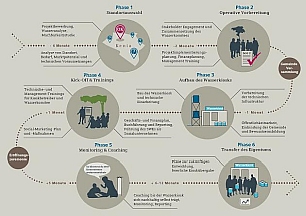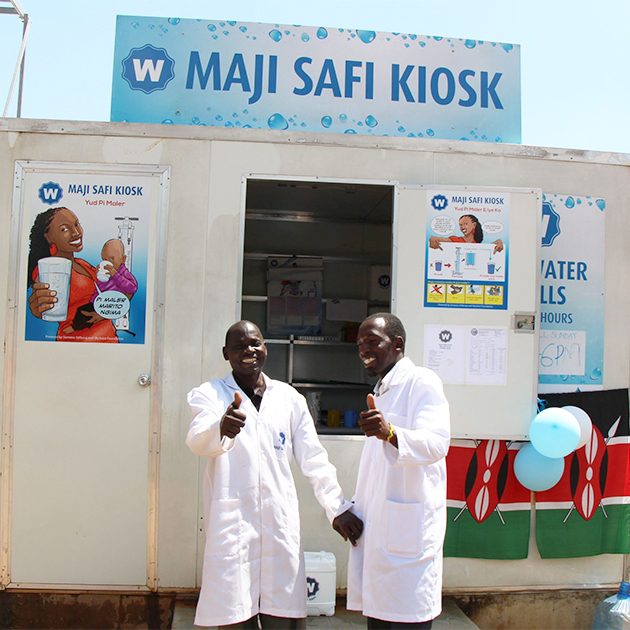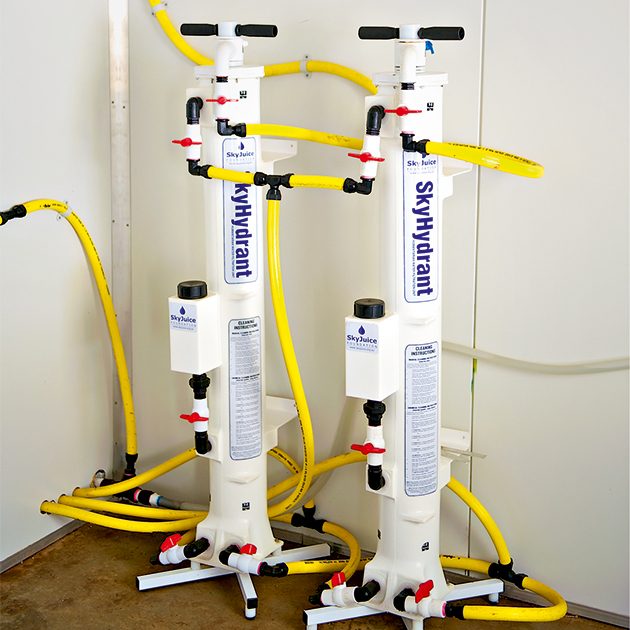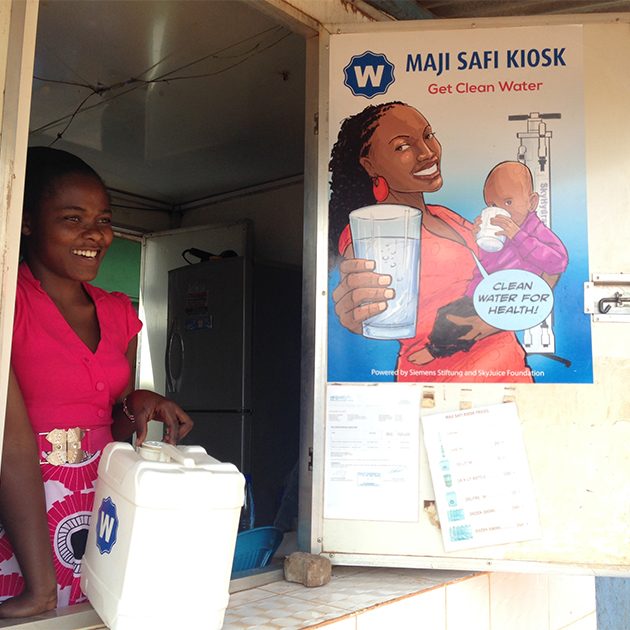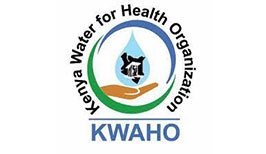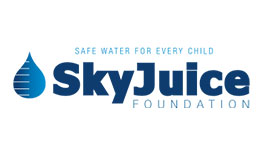Safe Water Enterprises
An entrepreneurial approach to drinking water
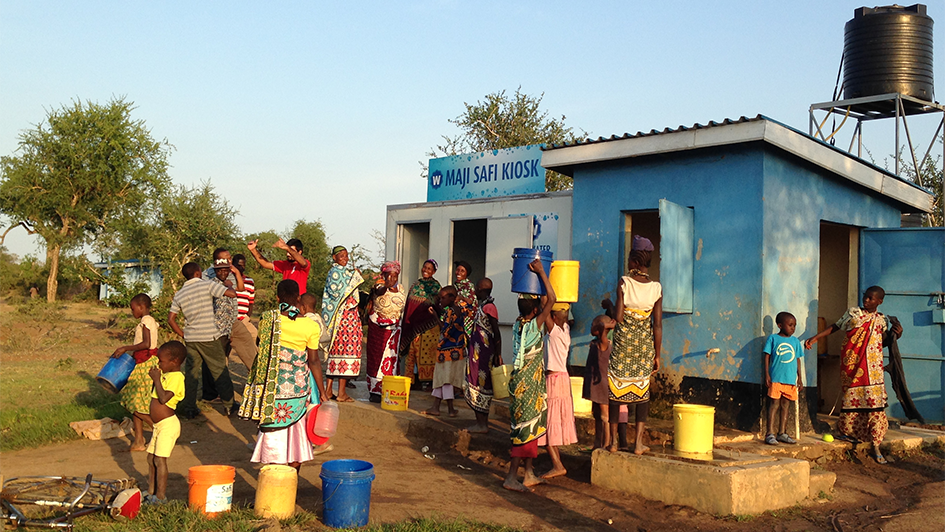
How can decentralized drinking water supply be secured in the long term? Safe Water Enterprise is a model project that combines adapted technology with a social entrepreneurial approach and hygiene training – mobilizing rural communities in Kenya and Uganda for clean water.
Project
Sustainable water supply for remote communities
In Kenya, only a third of the population has unrestricted access to drinking water. One of the main challenges is the development and maintenance of infrastructure in rural regions. Against this background, we launched the Safe Water Enterprise project together with the Sky Juice Foundation Inc. in 2013 to strengthen access to water, particularly in remote communities. We work with a decentralized kiosk model. Each kiosk is set up as a social enterprise with local responsibility. The purified water is sold in the kiosks at an affordable price so that the running costs are covered. This means that the Safe Water Enterprises are not only financially self-sustaining, but also create new income opportunities for members of the local communities – at the kiosk and by transporting water or through businesses set up on the basis of the water kiosks, such as butchers or hairdressing salons.
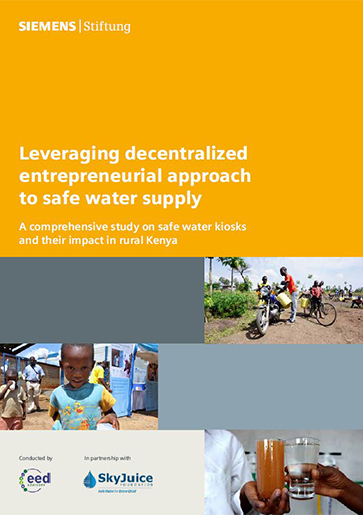
Case Study
New insights on the role of social enterprises for providing safe drinking water
The Safe Water Enterprises have now been closely evaluated by EED Advisory, an experienced consultancy agency in Kenya. The study’s focus was on the technical and economic viability as well as the social impact of the model project.
As part of our online series “Spotlight On… Safe Water Enterprises in Kenya”, the key findings of the study are presented.
ConceptLocally anchored under public supervision
The site selection and all process phases for establishing the Safe Water Enterprise kiosk are implemented in close cooperation with the local partners. All Safe Water Enterprises have now been transferred to full local responsibility, meaning that the kiosks are operated by a registered water users association. This association works with the County Water Department and is sub-licensed as the local water service provider. In some locations, the kiosk is connected to a health center or resource center where access to clean water is needed.
The following diagram shows the stages of setting up a self-sustaining water kiosk:
Components
Socialentrepreneurial approach
The Safe Water Enterprise kiosks are operated as locally anchored social enterprises in close cooperation with local communities and decision-makers. The choice of an entrepreneurial model is quite ambitious, as the margins for a basic supply of drinking water in the water sector are low. However, kiosk operations usually generate a double-digit surplus, so that operating costs, repairs and maintenance are covered. Any additional income is either used to grow the kiosk business or to build up capital in village savings and loan associations.
Adapted technology
The modular kiosks use mobile SkyHydrant water filters that remove suspended particles, bacteria and viruses from the water using hair-thin membrane fibers. No electricity is required for the filtration process, which means that the Safe Water Enterprises can also operate off-grid. The SkyJuice Foundation‘s filter technology is particularly suitable for groundwater and river water and produces up to 10,000 liters of clean water per day for up to 1,000 families. In addition, the kiosk is standardized, prefabricated and modularly expandable depending on drinking water requirements. Water ATMs are also used when demand is high. The SkyHydrant can be used for up to 10 years with little maintenance.
Social marketing
The involvement of the community is crucial for the acceptance of the water kiosk among customers. In addition to social marketing campaigns including joint pricing, awareness-raising training sessions were repeatedly held for kiosk operators, water and food vendors, science teachers at elementary school and representatives of the local healthcare system. The aim was to use these multipliers to raise awareness of the use of drinking water and the links between water consumption, hygiene behavior and personal health. The local implementation partner was the Kenya Water for Health Organisation (KWAHO).
Impact
Improved health and more income
The results of the study show the technical and economic viability of the kiosks and their potential social impact:
The SWE kiosks have improved access to clean and safe drinking water for the respective communities at the six locations surveyed.
All kiosks have a high sustainability potential.
The kiosks have influenced the establishment and growth of businesses and social institutions.
The technology used in the development of the SWE kiosk model is cost-effective and can be replicated in other rural and underserved communities.
Access to clean and safe drinking water has led to a decrease in cases of waterborne diseases such as cholera and typhoid.
Partners
Our collaborators
Safe drinking water is just one step on the road to development.
Contact
Would you like to talk to us? Or do you have any questions?
Project Manager Safe Water Enterprises
Christine Meinhardt
christine.meinhardt@siemens-stiftung.org
+49 9131 92079 133



